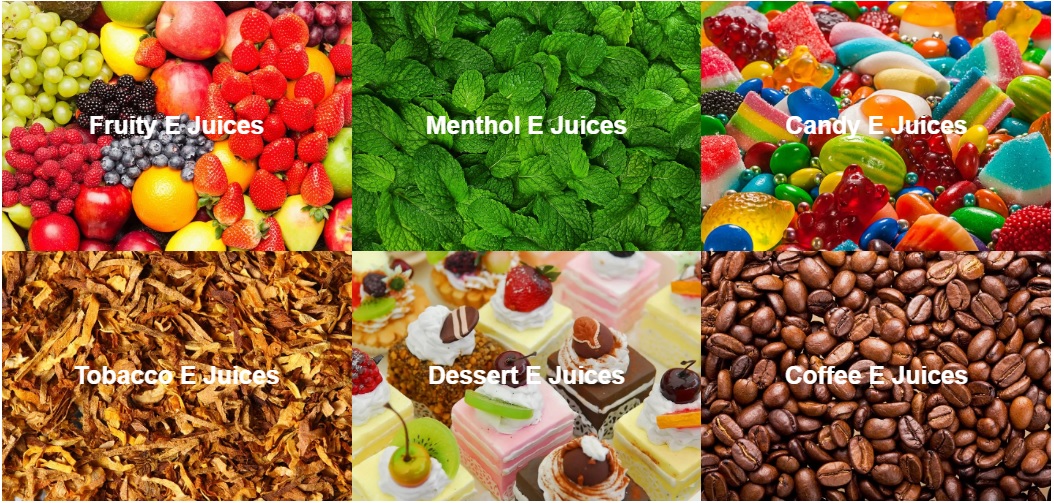
Addiction is a serious, chronic and debilitating disease. It is not something that should be taken lightly, and its power over a person should never be underestimated. Despite its virulence, addiction can be overcome. Each person’s road to recovery will be unique, but you are virtually guaranteed to face a long and difficult path that is often filled with unexpected twists and turns. Whether you are working to overcome addiction to drugs, alcohol or other substances, there are steps you can take to get closer to your goal.
1. Accept That Addiction is a Disease
The first place to start is to accept that your addiction is a disease; it is not a choice. As you become addicted to a substance, your brain chemistry actually changes. Eventually, your body is no longer capable of producing some of the chemicals that produce feelings of happiness or contentment on its own. You need the drugs for that. Once you come to terms with that fact, you can stop blaming yourself and, instead, make positive choices to work toward recovery, whether that’s simply cutting these substances out of your life or something more substantial like checking into a rehabilitation clinic like Honey Lake and getting professional help to overcome your addiction.
2. Avoid Relapse Triggers
Relapse doesn’t have to lead to failure, but it can definitely set you back several steps. One of the most effective ways to avoid, or at least minimize, releases is to avoid the people, places and activities that trigger you to use. This might be heading to the bar after work or hanging out with a certain group of friends. Instead of putting yourself into a situation where you are more likely to fail, set yourself up for success. For example, buying vaping supplies at smokingthings.com makes more sense than walking into a tobacco store where you might be tempted.
3. Learn Alternative Coping Strategies
If you previously used alcohol or drugs to deal with stress or pressure, learning another way to handle it can help you move toward recovery. Exercise has been known to encourage the release of endorphins that boost mood and can contribute to a euphoric feeling. That may be why many people find success by hitting the gym or taking up a physical activity like running. Meditation and mindfulness are also excellent tools in the recovery process.
4. Find a Solid Support System
Support is crucial to your success. It is the hallmark of most addiction recovery programs. This can be from family, friends, coworkers or a formal support group; it really doesn’t matter as long as you have somewhere safe to turn when you struggle. Having access to Resources for Overcoming Addiction, such as hotlines, counseling services, or rehabilitation centers, can also provide the necessary tools to stay on track. For example, organizations offering online recovery forums or local meetings can be a vital part of your support system. Similarly, reaching out to addiction specialists can ensure you have professional guidance throughout your journey.
Remember, recovery is a process. There may be setbacks along the way, but with the right support and new coping strategies, you can overcome addiction.
